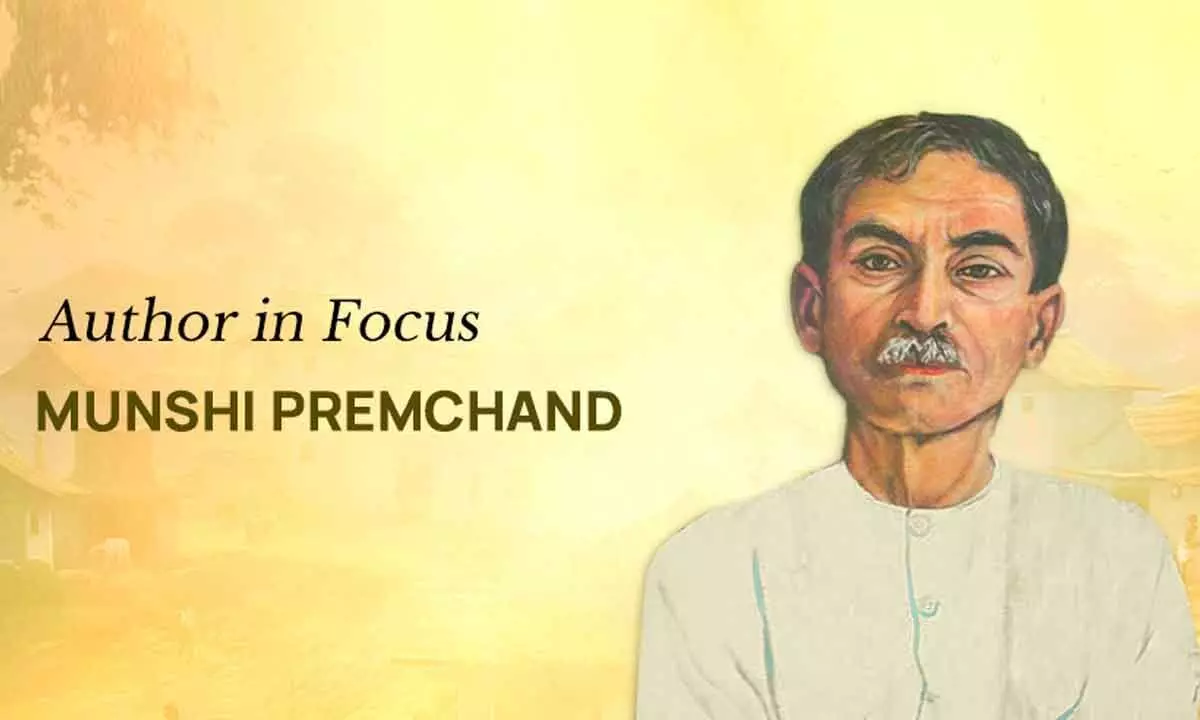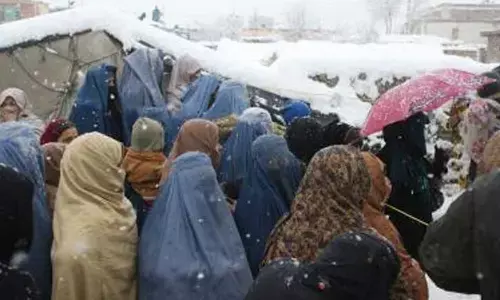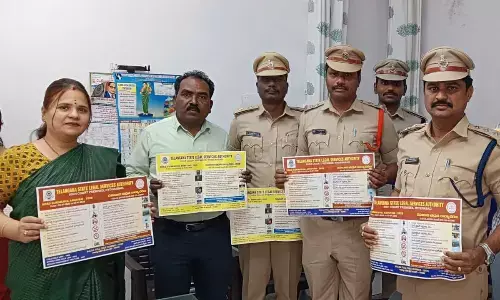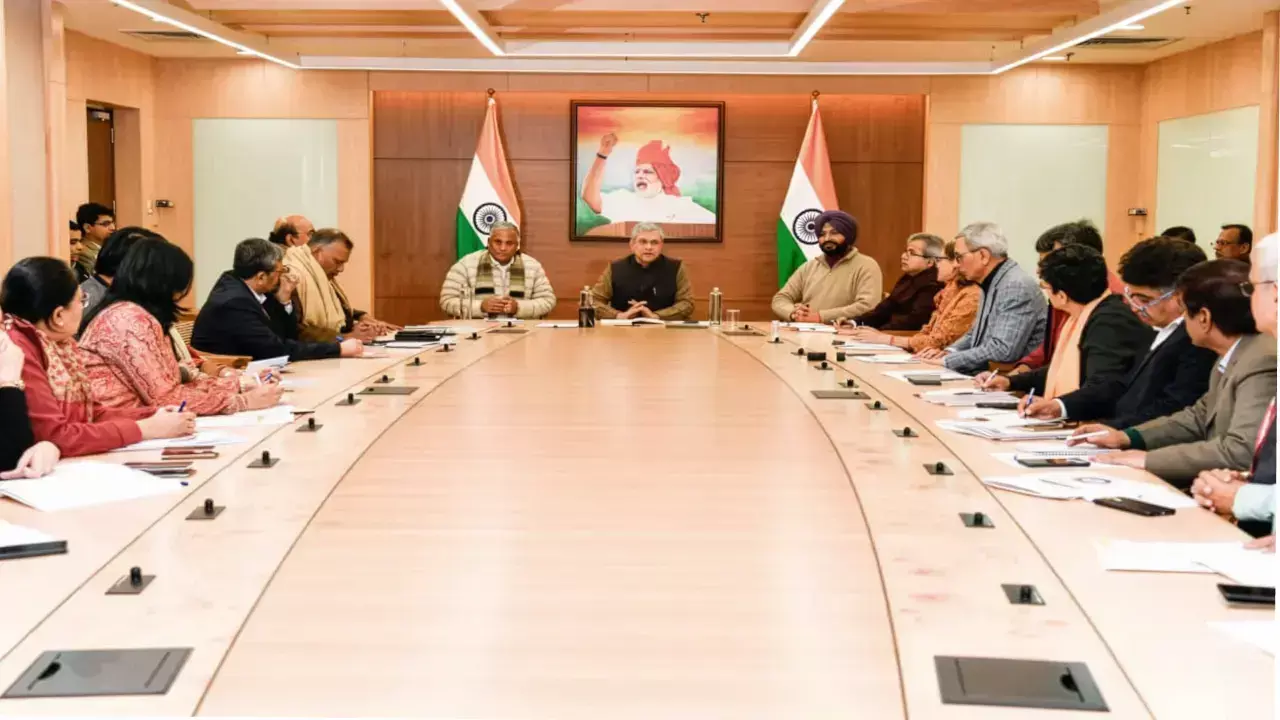Celebrating the Birth Anniversary of Munshi Premchand: A Literary Giant

On July 31, we commemorate the birth anniversary of Munshi Premchand, a pivotal figure in Indian literature renowned for his authentic depiction of colonial India. Born on this day in 1880, Premchand, originally known as Nawab Rai, adopted his famous pen name after facing British scrutiny. His illustrious works, including "Sevasadan," "Karmabhoomi," "Gaban," "Godaan," and "Nirmala," continue to resonate with readers, addressing timeless social issues.
Early Life and Background
Munshi Premchand was born in Lamhi, a village in the Varanasi district of Uttar Pradesh, to Ajaib Lal, a post office clerk, and Anandi Devi. Initially writing under the name Nawab Rai, he switched to Premchand after the British government criticized his short story collection, "Soz-e-Watan," in 1909. His career was prolific, spanning novels, short stories, essays, and translations, earning him the title "Upanyas Samrat," or "Emperor among Novelists."
Education and Early Interests
Premchand began his schooling at a Madrasah in Lalpur, Varanasi, where he learned Urdu and Persian. From a young age, he found solace in reading and developed a profound interest in literature. He later studied English at a missionary school and read various works of fiction, including George W. M. Reynolds's "The Mysteries of the Court of London." In the mid-1890s, he attended Queen's College in Varanasi as a day scholar and married at the age of 15 in 1895, while still in class IX.
Noteworthy Works of Premchand
Sevasadan (1918)
Originally written in Urdu as "Bazaar-e-Husn" and later published in Hindi in 1919, "Sevasadan" is Premchand's first major work. It tells the story of an unhappy housewife who becomes a courtesan and seeks redemption.
Karmabhoomi
Set in 1930s Uttar Pradesh, "Karmabhoomi" addresses the exploitation of the poor by the wealthy, reflecting Premchand's empathy for the underprivileged.
Gaban (1931)
This novel explores the moral decline among the lower middle class in British India and the lengths people will go to maintain a façade of elitism.
Godaan (1936)
One of Premchand's most celebrated novels, "Godaan" portrays the socio-economic challenges and exploitation in rural India, providing a realistic depiction of the rural poor.
Nirmala (1928)
"Nirmala" confronts the issue of dowry exploitation, highlighting the plight of a young girl married to an older man and critiquing the unfair treatment of women in Indian society.
Legacy and Impact
As we honor Munshi Premchand today, his works continue to offer profound insights into the socio-economic issues of his time, and his legacy endures through his compelling storytelling.
Lesser-Known Facts
• Premchand's novel "Godaan" is considered one of the greatest Hindi novels, exploring themes such as caste discrimination, the exploitation of the poor and women, and the adverse effects of industrialization. A film adaptation of "Godaan" was released in 1963.
• In 2005, the Sahitya Akademi established the Premchand Fellowships, awarded to prominent cultural figures from SAARC countries, with past fellows including Amrita Pritam and Sumitranandan Pant.
• Reports suggest that Premchand briefly worked as a salesboy in a bookshop to gain access to more books.
• Over his career, he authored more than 300 short stories, 14 novels, essays, letters, plays, and translations.
• His children's books, such as "Jangal ki Kahaniyan" and "Ram Charcha," are also well-regarded. However, his first literary work, created in Gorakhpur, was never published and is now lost.
• Premchand passed away on October 8, 1936, at the age of 56.
Memorable Quotes by Premchand
• "To be successful in life what you need is education, not literacy and degrees."
• "As long as the shackles of wealth and property bind us, we will remain accursed forever and never attain the altar of humanity, which is life's ultimate goal."
• "Boys are quite often whimsical. Whereas girls are modest by nature and know their responsibilities very well. Their weapons are service, sacrifice, and love, by which they conquer over the males."
• "If someone ensures us two square meals a day, we will sing and pray all our waking hours. If one has to hoe sugarcane all day, devotion to God vanishes like smoke."
• "I will not call that person happy who knows no rest because of his enemies, who is the butt of fun by all and for whom no one has any empathy, who is as if held on a leash by others, who has lost himself in hedonistic pursuits, who preys on those weaker to him and wags his tail for his superiors."
Munshi Premchand's literary contributions continue to enlighten and inspire readers, offering a window into the socio-economic and cultural issues of his era.















